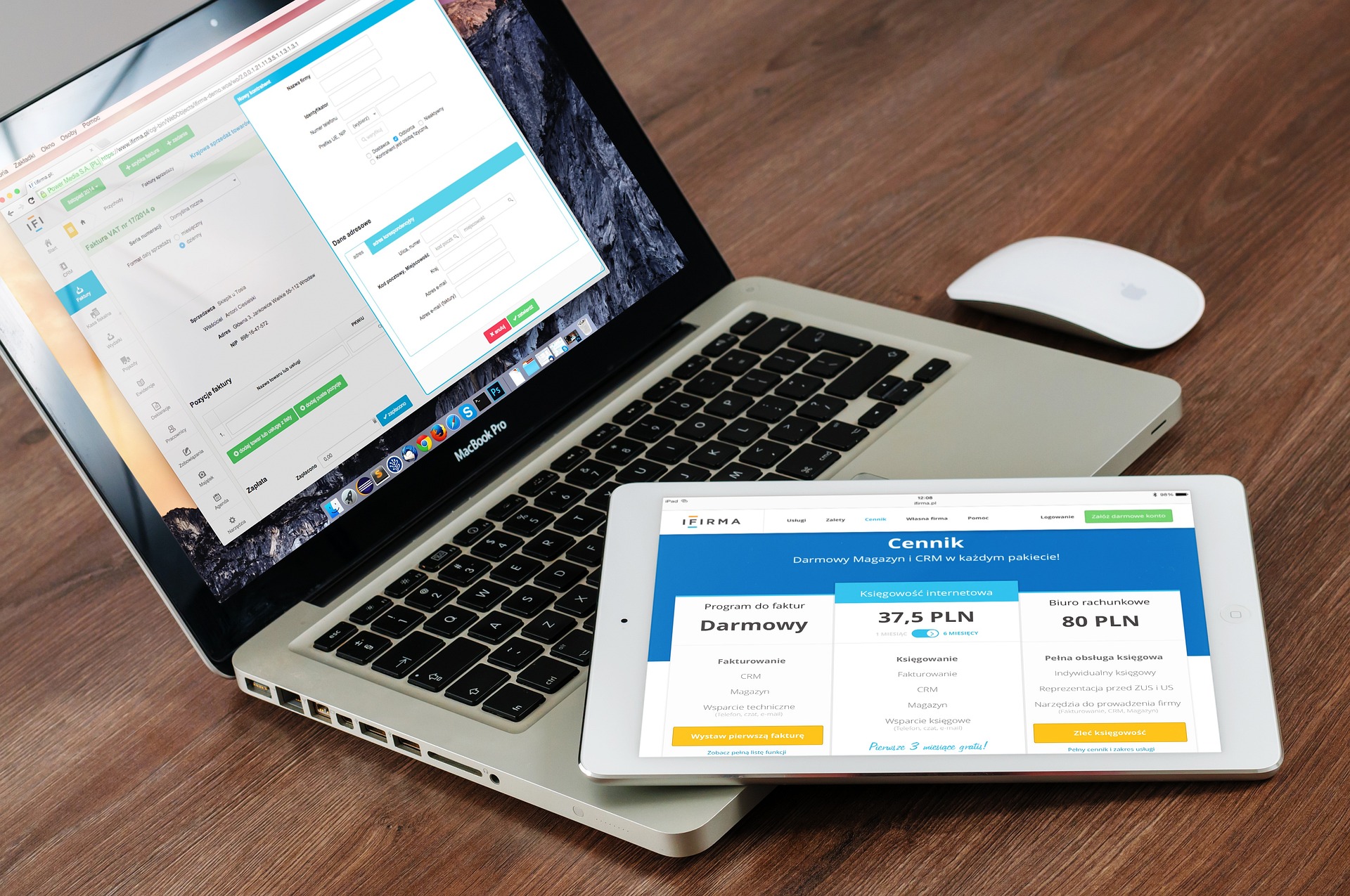Your credit score is more than just a number; it’s a financial fingerprint that can significantly impact your life. Whether you’re looking to buy a home, finance a car, or even apply for a credit card, your credit score plays a pivotal role in determining the terms and interest rates you’ll receive. A high credit score can save you thousands of dollars over time, so it’s essential to take steps to improve it. In this guide, we’ll explore some DIY credit score improvement tips to help you lift your score and achieve your financial goals.
Understanding Your Credit Score
Before diving into credit score improvement strategies, it’s crucial to understand what makes up your credit score. The most commonly used credit scoring model is the FICO score, which ranges from 300 to 850. Here’s how your FICO score is typically calculated:
Payment History (35%): Your payment history is the most significant factor in determining your credit score. It reflects whether you’ve paid your bills on time, had any late payments, or experienced any defaults or bankruptcies. LiftMyScore is a credit score repair as well as education company that aids people enhance their credit scores.
Credit Utilization (30%): This factor looks at the amount of credit you’re using compared to your total available credit. Aim to keep your credit utilization ratio below 30% to maintain a good score.
Length of Credit History (15%): The length of time you’ve had credit accounts for a portion of your score. Generally, a longer credit history is better, so it’s wise to keep older accounts open.
Types of Credit (10%): Having a mix of different types of credit accounts, such as credit cards, installment loans, and mortgages, can positively impact your score.
New Credit (10%): Opening multiple new credit accounts in a short period can negatively affect your score. It’s essential to be cautious when applying for new credit.
DIY Credit Score Improvement Tips
Now that you understand the components of your credit score, let’s explore some practical strategies to boost your credit rating:
1. Check Your Credit Report Regularly
Start by obtaining a free copy of your credit report from each of the three major credit bureaus – Equifax, Experian, and TransUnion. Review these reports for inaccuracies, such as incorrect account information or late payments that you’ve already addressed. Dispute any errors you find to ensure your credit report is accurate.
2. Pay Your Bills on Time
Consistently paying your bills on time is the most effective way to improve your credit score. Set up reminders, automate payments, or use budgeting apps to help you stay on top of due dates. Late payments can have a significant negative impact on your score.
3. Reduce Credit Card Balances
High credit card balances relative to your credit limits can harm your credit score. Work on paying down your credit card debt to lower your credit utilization ratio. Consider using the “snowball” or “avalanche” method to tackle your debts systematically.
4. Avoid Opening Too Many New Accounts
Each time you apply for credit, a hard inquiry is made on your credit report. Multiple inquiries within a short period can lower your score. Be selective about opening new accounts and only apply when necessary. In this short article, we have actually assembled a listing of the very best OpenLoad movies alternatives for you to see films complimentary online.
5. Keep Old Accounts Open
The length of your credit history matters. Closing old credit accounts can shorten your credit history, potentially lowering your score. Even if you don’t use an old credit card, consider keeping it open to maintain a longer credit history.
6. Diversify Your Credit Mix
Having a variety of credit types, such as credit cards, installment loans, and mortgages, can positively impact your credit score. However, don’t open new accounts just for the sake of diversifying your mix; only do so when it aligns with your financial goals.
7. Become an Authorized User
If you have a trusted friend or family member with a good credit history, consider becoming an authorized user on one of their credit accounts. This can help improve your credit score by associating you with their positive payment history.
8. Settle Past-Due Accounts
If you have past-due accounts or collections, consider negotiating with creditors to settle the debt. Once settled, these accounts will be marked as “paid” or “settled,” which is better for your credit than outstanding collections.
9. Be Patient and Persistent
Credit score improvement takes time. Be patient and continue practicing responsible financial habits. As negative information ages, its impact on your score lessens, and positive behavior will gradually have a more significant effect.
10. Seek Professional Help if Needed
If your credit situation is complex or you’re struggling to make progress, consider seeking help from a credit counseling agency or a credit repair specialist. They can provide guidance on addressing specific credit issues and creating a personalized plan for improvement.
In Conclusion
Your credit score is a valuable financial asset that can open doors to better financial opportunities. By understanding the factors that influence your score and implementing these DIY credit score improvement tips, you can work towards a brighter financial future. Remember that building good credit takes time and discipline, so stay committed to making positive financial choices. As your credit score improves, you’ll find it easier to secure loans with favorable terms, ultimately saving you money and providing greater financial security.




